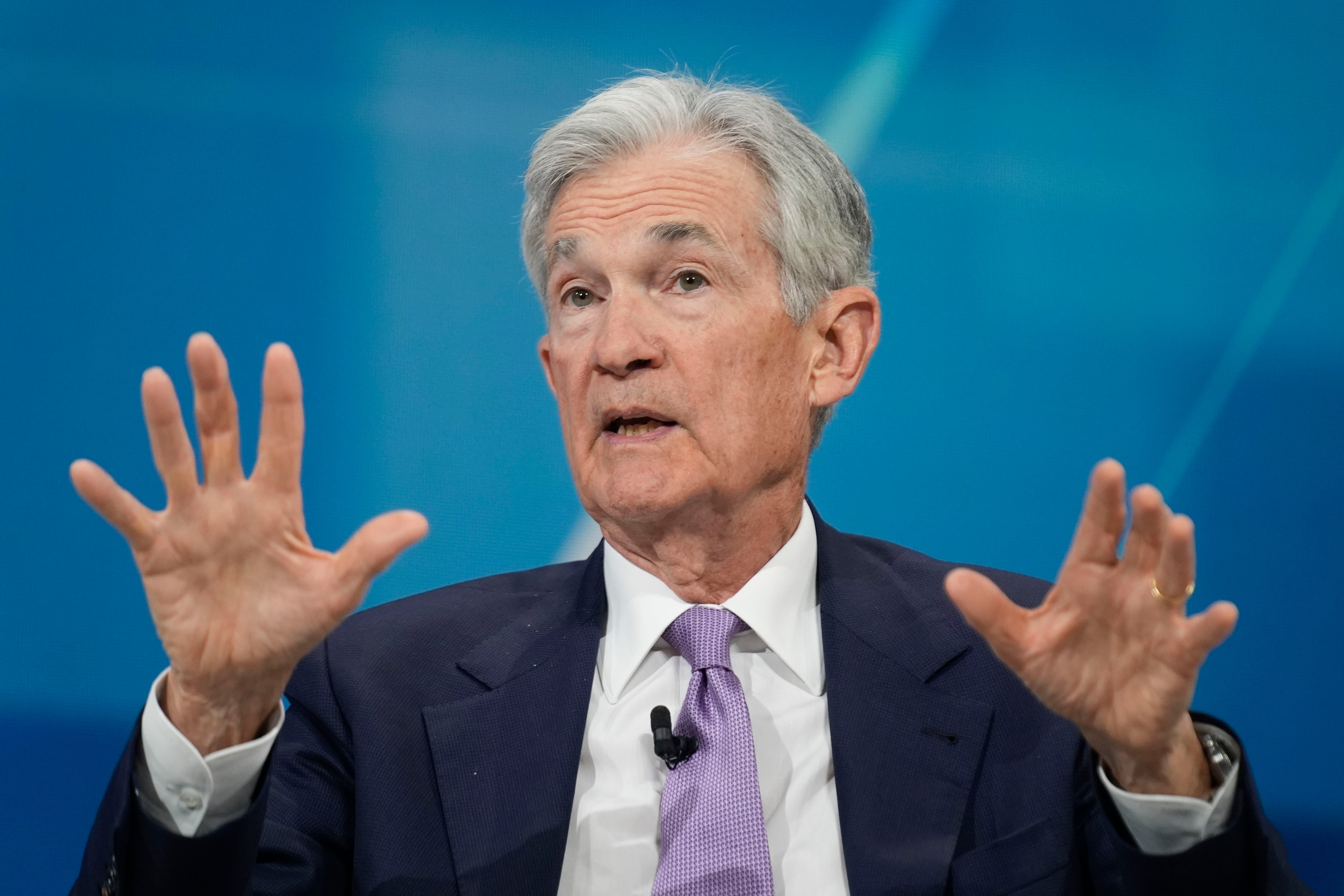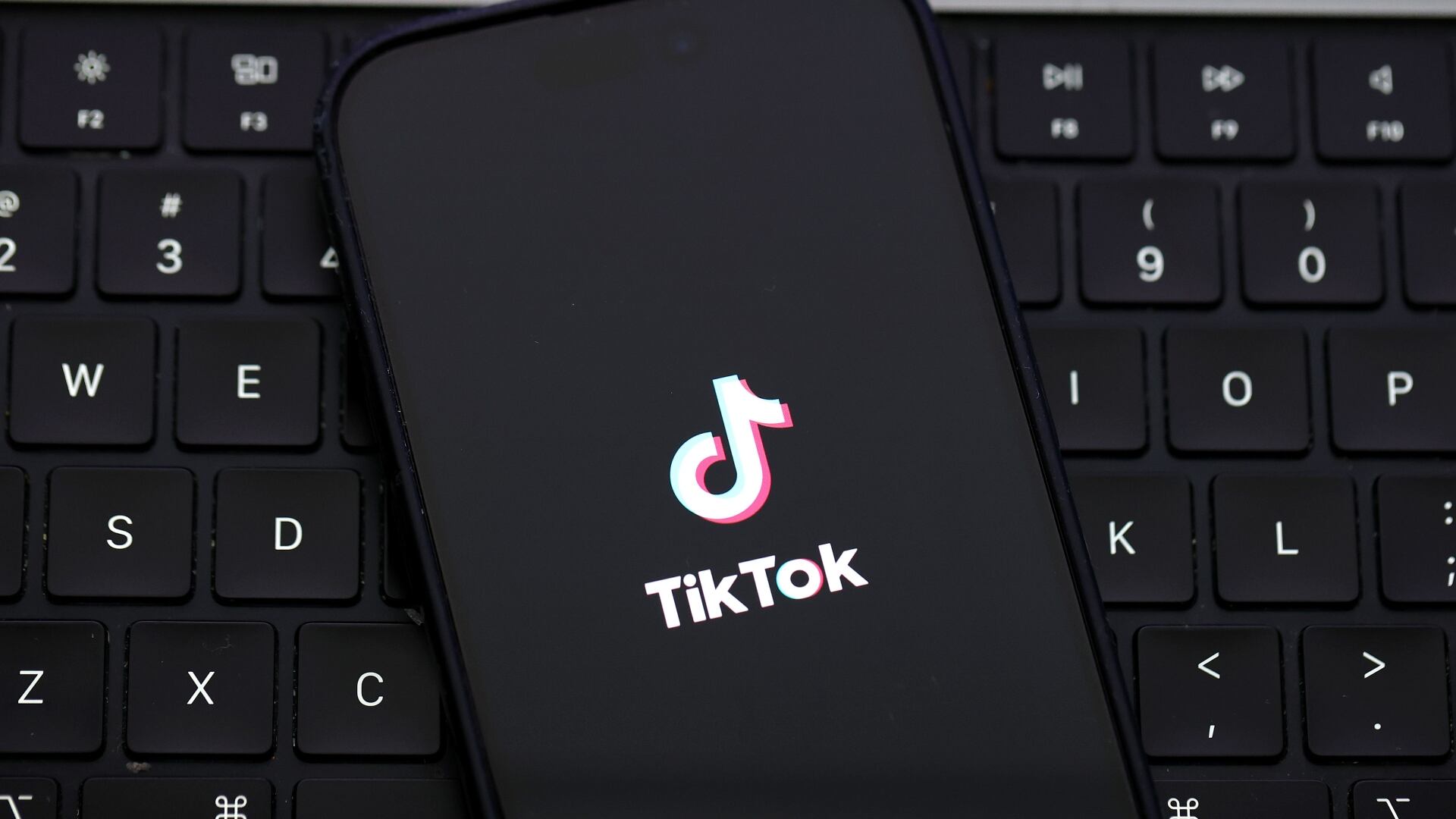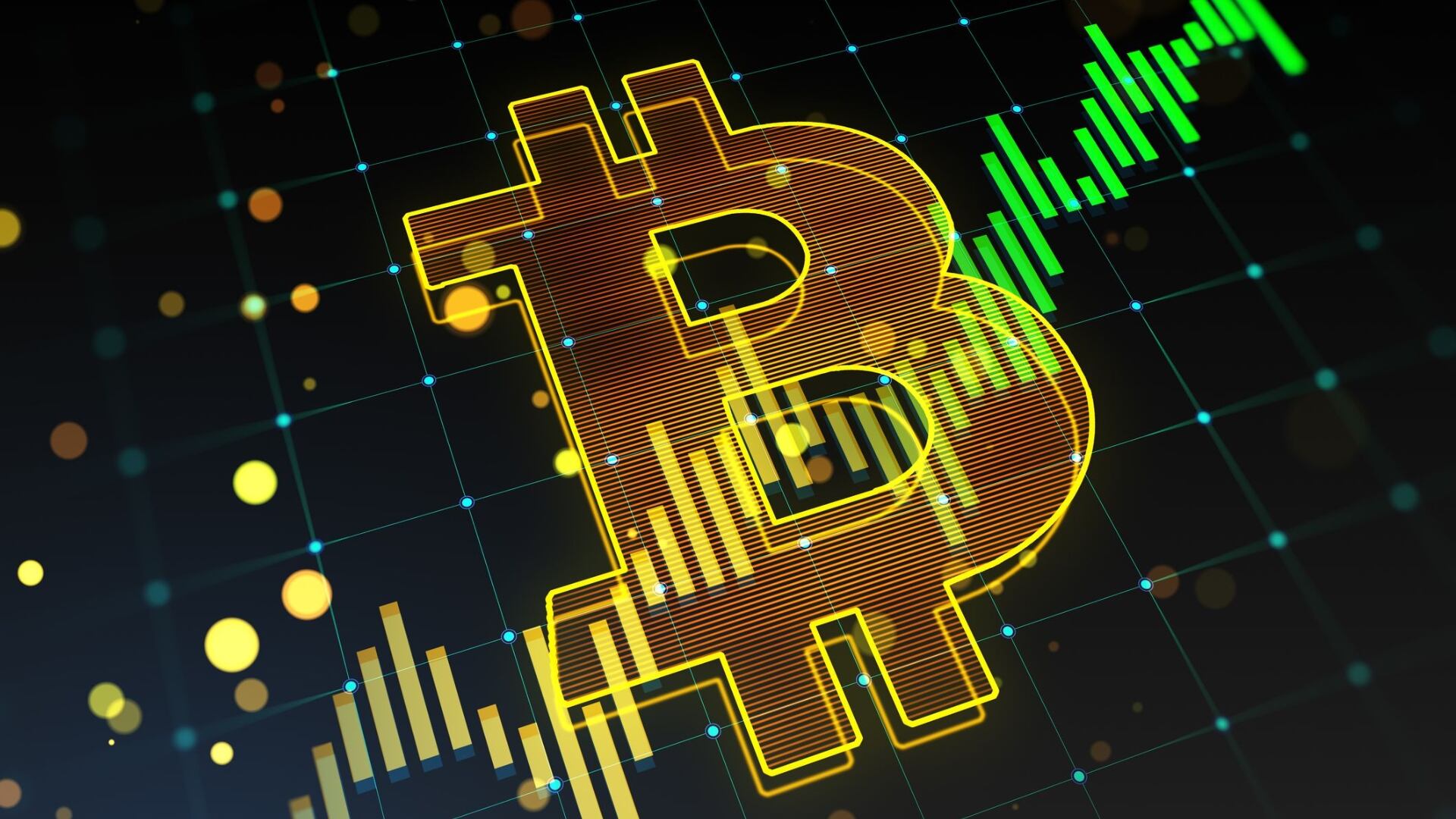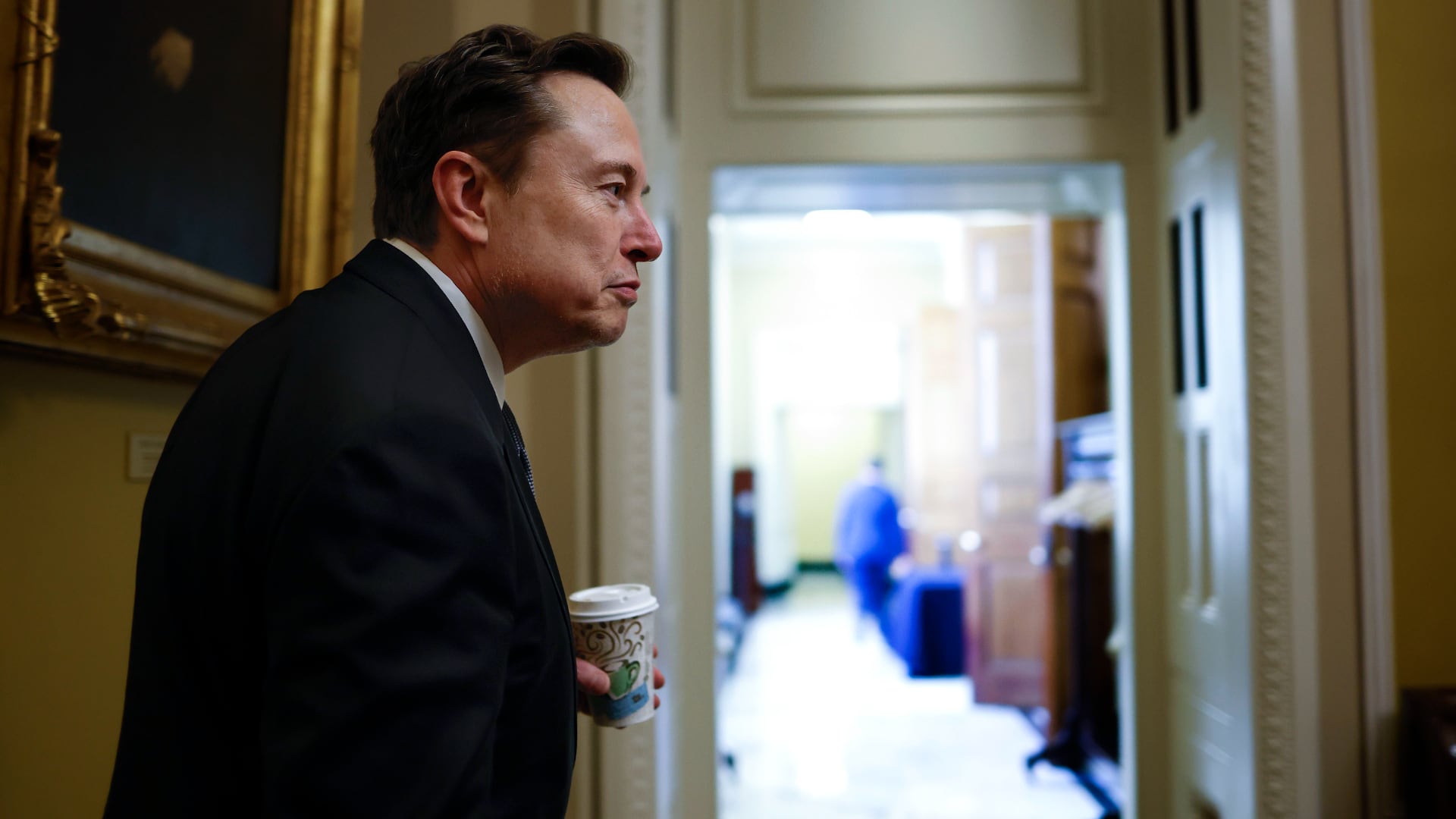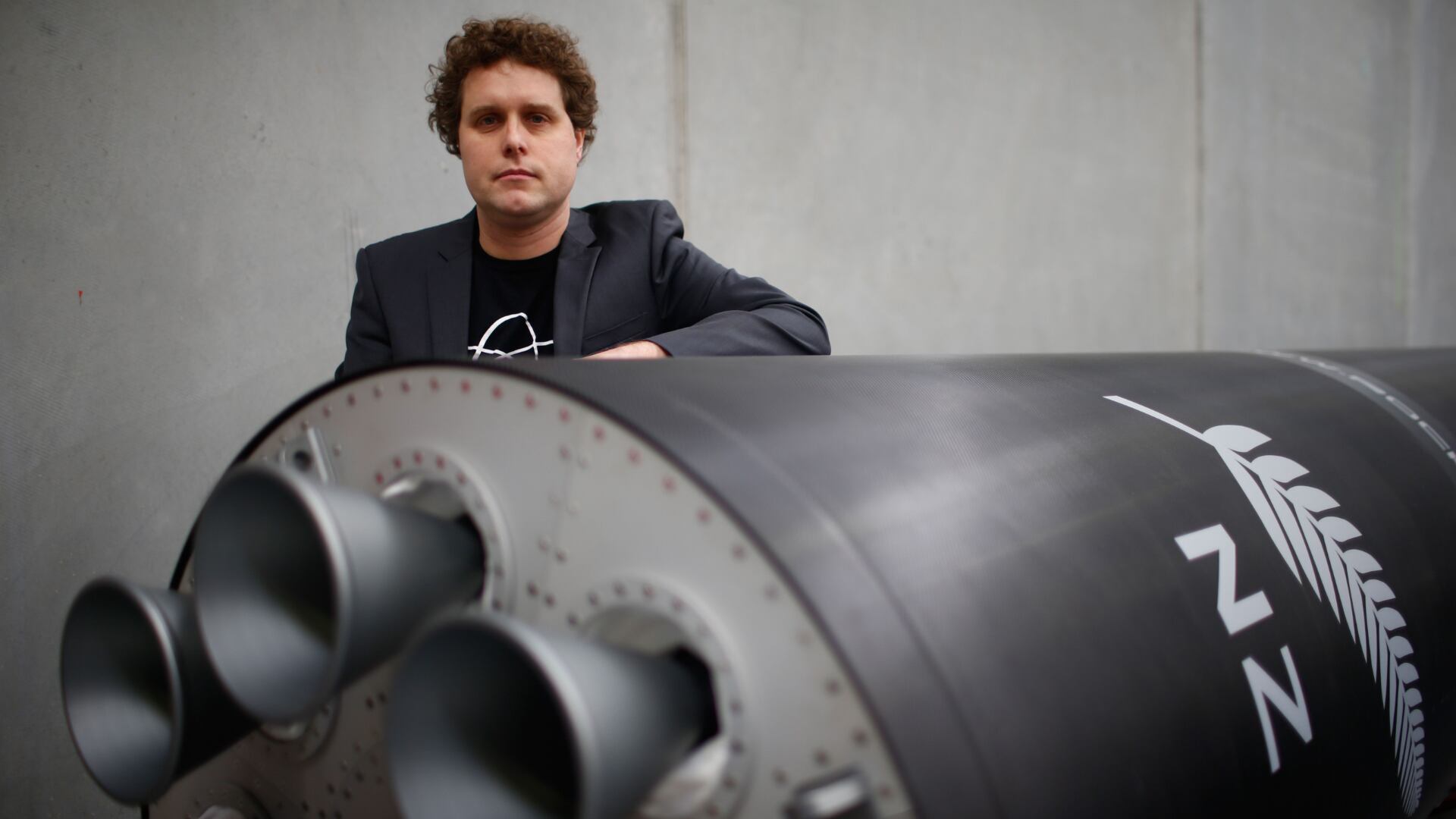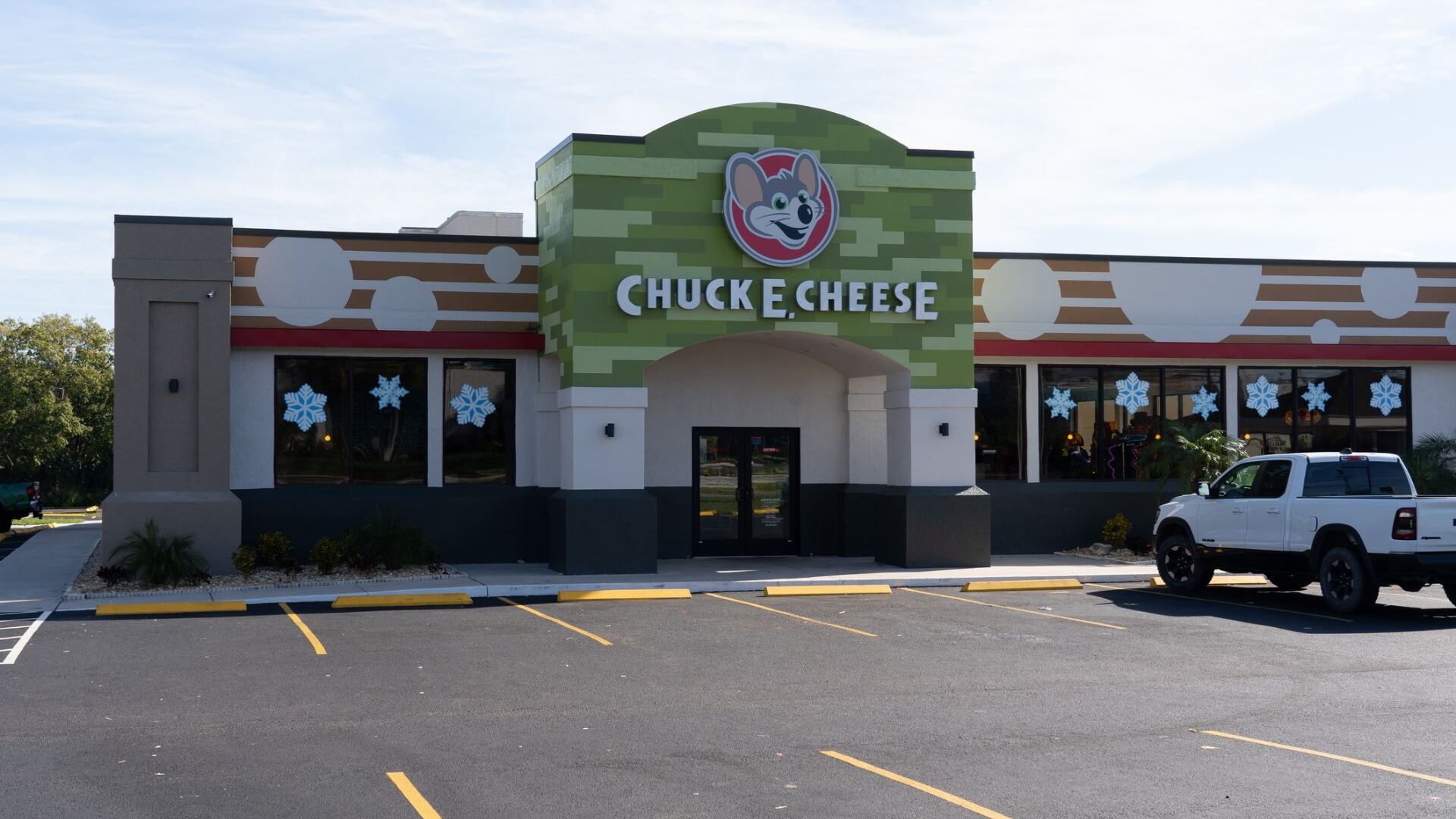By Paul Wiseman
U.S. job openings slipped to 9.9 million in February, fewest since May 2021 and a sign that the job market may be starting to cool, which would be welcome news for the inflation fighters at the Federal Reserve.
Vacancies fell from 10.6 million in January, the Labor Department said Tuesday, notably in healthcare and in professional services, which includes managerial and technical jobs. Openings rose for construction workers.
Despite the drop, the number of layoffs ticked lower in February, and more Americans quit their jobs — a sign of confidence they can find better pay or working conditions elsewhere.
The American job market has proven resilient in the face of sharply higher interest rates. Over the past year, the Fed has raised its benchmark rate nine times in a drive to corral inflation that last year hit a four-decade high. The surge in consumer prices has eased since mid-2022 but remains well over the central bank's 2% year-over-year target.
Hiring was expected to slow this year after 2021 and 2022 — the two best years for job creation on record. Instead, employers added an astonishing 504,000 jobs in January and a healthy 311,000 in February. Economists believe they added another 240,000 last month, according to a survey of forecasters by the data firm FactSet. The February numbers come out Friday.
Until 2021, monthly job openings never surpassed 10 million in the Labor Department's Job monthly Openings and Labor Turnover Survey (JOLTS). But they had broken that threshold for 20 straight months — until February.
A strong labor market can put upward pressure on wages — and overall prices.
The Fed policymakers are hoping to achieve a so-called soft landing — slowing the economy just enough to tame inflation without tipping the world's biggest economy into recession. They hope that employers will reduce job openings without necessarily cutting many jobs.
Many economists are skeptical and expect a U.S. recession later this year.

